While making the documentary SWING STATE, I researched other contentious, political periods in The United States.
Yes, the elections of 2016 and 2020 had their fair share of conflict. But we’ve seen some other real doozies in our nation’s history. Many political differences throughout our brief 250 years have ended in bloodshed.
Some say the Civil War era was the most fiery period in America. But we’ve been experiencing a Cultural Civil War in our country for quite some time now. Let’s hope our era doesn’t end in violence as well!
1800s America
Had we lived in the early 1800s, we would still occasionally hear news of “duels to the death.” These pistol fights were often sparked by one man attacking another man’s honor, or insulting his wife in one way or another.
Most famously, Aaron Burr killed Alexander Hamilton, who helped foil some of Burr’s political aspirations. Though dueling was against the law at the time, it wasn’t always prosecuted… most considered it “a gentleman’s agreement.”
Andrew Jackson participated in a number of duels (the exact amount is unknown), and at least one was caused by someone insulting his wife. (He was another aspiring President who was shot in the chest). Charles Dickinson (a marksman) barely missed A.J.’s heart, because of Jackson’s super-slender build (and oversized suit coat), but lodged a bullet in his rib-cage. That bullet would stay in Jackson’s chest for the rest of his life.
It’s interesting to note that Andrew Jackson could have beaten Abraham Lincoln in becoming our first President to be assassinated. In 1835, A gunman used 2 pistols at close range, but missed with both. Jackson brutally beat the man with his cane, and the fellow was confined to a mental institution the rest of his life. He died 4 years before John Wilkes Booth would shoot President Lincoln.
Oddly and eerily enough, John Wilkes Booth attended Abraham Lincoln’s 2nd Inauguration Address and bragged, “What an excellent chance I had, if I wished, to kill the President on Inauguration day!” One month later, he would shoot Honest Abe from a closer, yet similar angle at Ford’s theatre.
From Guns to Knives and Canes
Statesmen Henry Clay and John Randolph dueled, and William Graves killed fellow Congressman, Jonathan Cilley, over insults to his Party. After Cilley’s death, Congress permanently banned dueling, but members still carried other weapons (like canes and bowie knives) into the chambers. The Speaker of Georgia’s House knifed and killed a Congressman, accusing him of mocking the way he spoke.
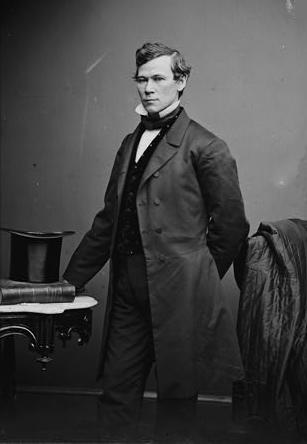
John “Bowie Knife” Potter of Wisconsin
A pro-slavery Virginia Senator challenged Wisconsin Congressman, John Fox Potter, to a duel in 1860, and Potter picked the bowie knife as their weapon of choice. Police arrested both prior to the fight, but Potter (later a WI judge) earned the lifelong nickname “Bowie Knife Potter.” One thankful state awarded him an engraved, customized, 6 ft. bowie knife for his bravery!
2 years prior, Congress saw a massive fist fight take place between Democrats and Republicans over slavery (a telling sign of the brutal Civil War to come). In total, 70 violent incidents and 30 all-out brawls have been recorded in the halls of Congress!
The most famous case of caning came at the hands of Representative Preston Brooks. He brutally beat abolitionist Senator Charles Sumner so badly, that he had to leave Congress for 3 years to recuperate. Brooks felt offended at Sumner’s rant against slavery, and was charged with assault shortly after the attack.
Assassination Attempts
Of course, our nation has witnessed several assassination attempts… some successful, some not. McKinley, Garfield, Lincoln and Kennedy stand as our 4 Presidents killed by crazed gunman.
But 60 years after the Congressional brawl of 1858, another deranged individual shot would-be Presidential candidate, Theodore Roosevelt, in Milwaukee, Wisconsin. Ironically, T.R. blamed the hyper-polarized and violent times for his near demise. With blood dripping down his shirt, he finished his speech, proclaiming, “It takes more than that to kill a Bull-Moose!”
And 110 years after the famous Congressional melee, another Presidential candidate wasn’t as fortunate as Theodore Roosevelt. Robert F. Kennedy died 5 years after his brother, John, at the age of 42. Sirhan Sirhan shot him point blank, after Kennedy’s speech at the Ambassador Hotel in Los Angeles. Now, 55 years later, his son (Robert F. Kennedy Jr.) is running for President in the hyper-polarized times of the 2020s.
Final Reflections
I was speaking with some folks recently about our current Cultural Civil War and the official Civil War of the 1860s. I mentioned that we seemed pretty united about many issues in the first Civil War (including a Christian faith, which had grown since the early 1800s). Obviously, during Abraham Lincoln’s time, slavery was the one true issue tearing us apart.
Today, we see major differences in almost all cultural issues, except for slavery (which, of course, has been abolished, and no person in their right mind would support). Whether abortion, guns, transgender rights, fair elections or you-name-it, Americans seem more divided than ever before.
The 1860s saw very turbulent times, as did the 1960s. Which leads to one very important question: “Are the 2060s primed for another violent climax of sorts?” Love him or hate him, the prospect of Donald Trump becoming the 2nd President to serve 2 non-consecutive terms (next to Grover Cleveland), seems to put a wet blanket on any bipartisanship happening very soon.
With 2024 right around the corner, I’m wondering if you have any thoughts or predictions?
Key Bullet Points (NPI)
- 1800: Close and Contentious election between Jefferson and Adams.
- 1804: Burr kills Hamilton in a duel.
- 1824: Jackson vows revenge after bitter race with John Quincy Adams.
- 1838: William Graves (Kentucky) kills Jonathan Cilley (Maine) in a duel.
- 1856: Preston Brooks severely beats Charles Sumner with his cane.
- 1858: All-out brawl in Congress over slavery.
- 1860: Lincoln defeats Douglass. Weeks later, the Civil War begins.
- 1876: Hayes/ Tilden Compromise that sets back Civil Rights 100 years.
- 1912: Theodore Roosevelt was shot in Milwaukee.
- 1948: Truman beats Dewey. Southern Dixiecrats walk out.
- 1963: Lee Harvey Oswald assassinates John F. Kennedy
- 1964: Malcolm X was assassinated while giving a speech in NY City.
- 1968: James Earl Ray kills Martin Luther King in Memphis.
- 1981: John Hinckley Jr. shoots Ronald Reagan at the Washington Hilton.
- 2000: Famous, fiery “Florida Hanging Chad” election– Gore v. Bush.
- 2016: Donald Trump wins. The Left angrily protests his election.
- 2020: Joe Biden beats Donald Trump in a hotly contested race.
- 2024: Possible bitter rematch between Biden and Trump.
PS: Many other assassination plots or attempts took place over our history, and I urge you to research them. Among people targeted were: William Howard Taft, Herbert Hoover, Franklin Roosevelt, Harry Truman, Richard Nixon, Gerald Ford, Bill Clinton and Barack Obama.
Bryan Oldenburg is a Filmmaker and Digital Marketer in Beloit, Wisconsin
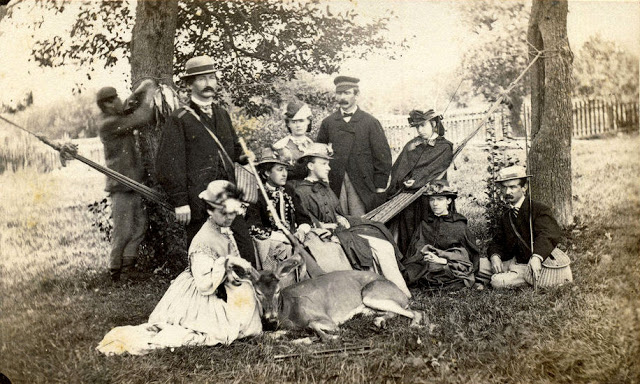

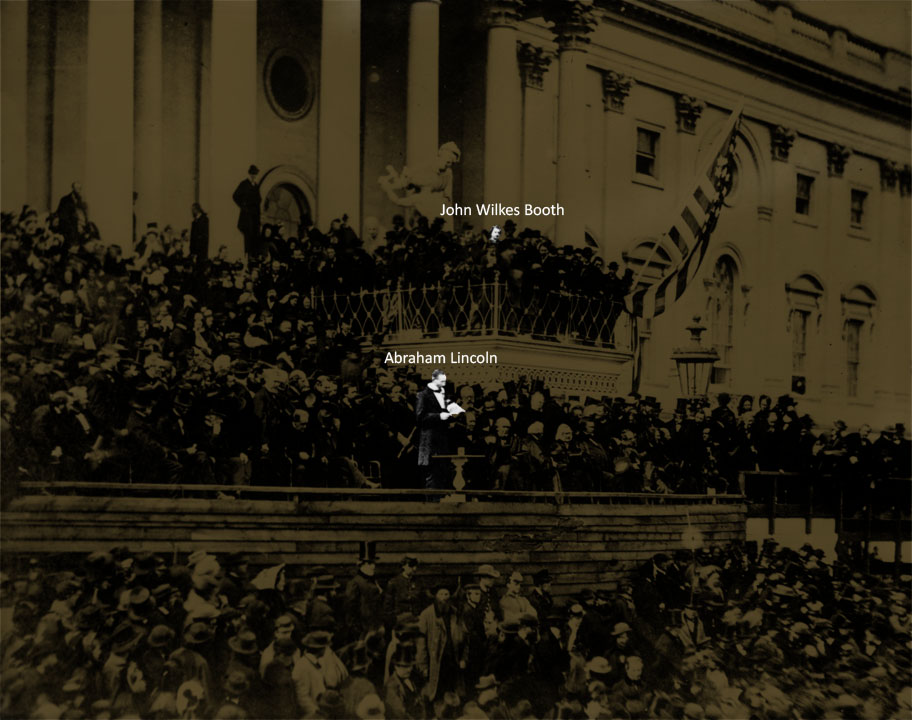
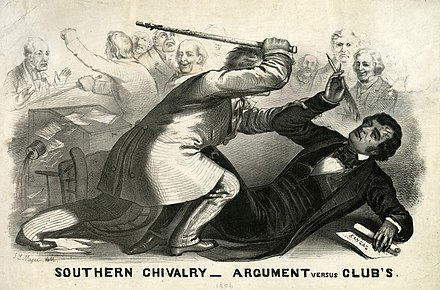
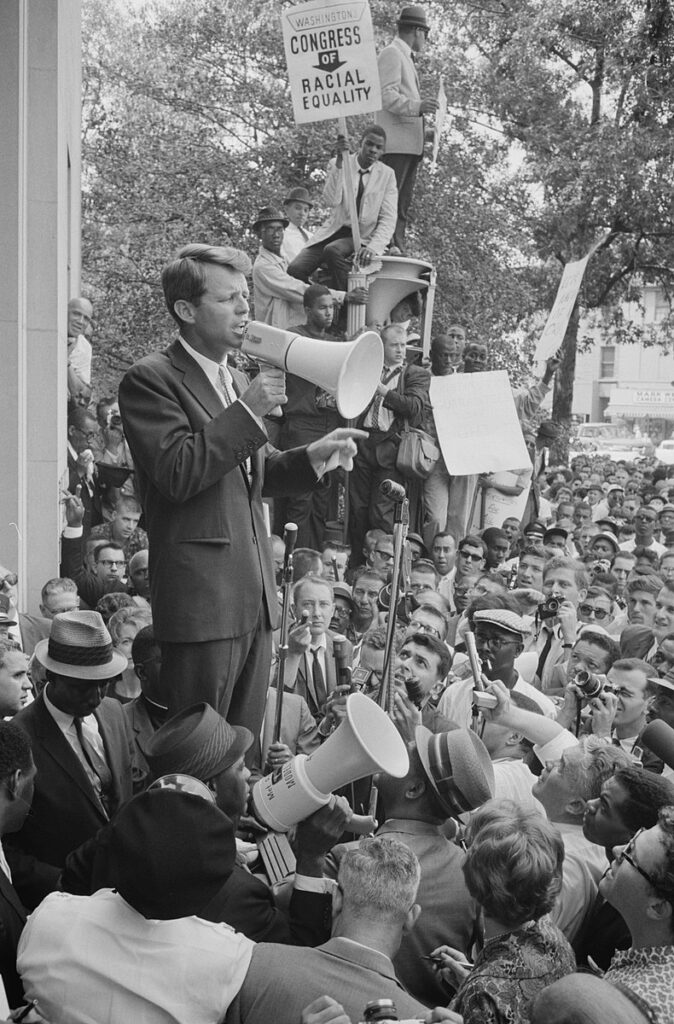

0 Comments